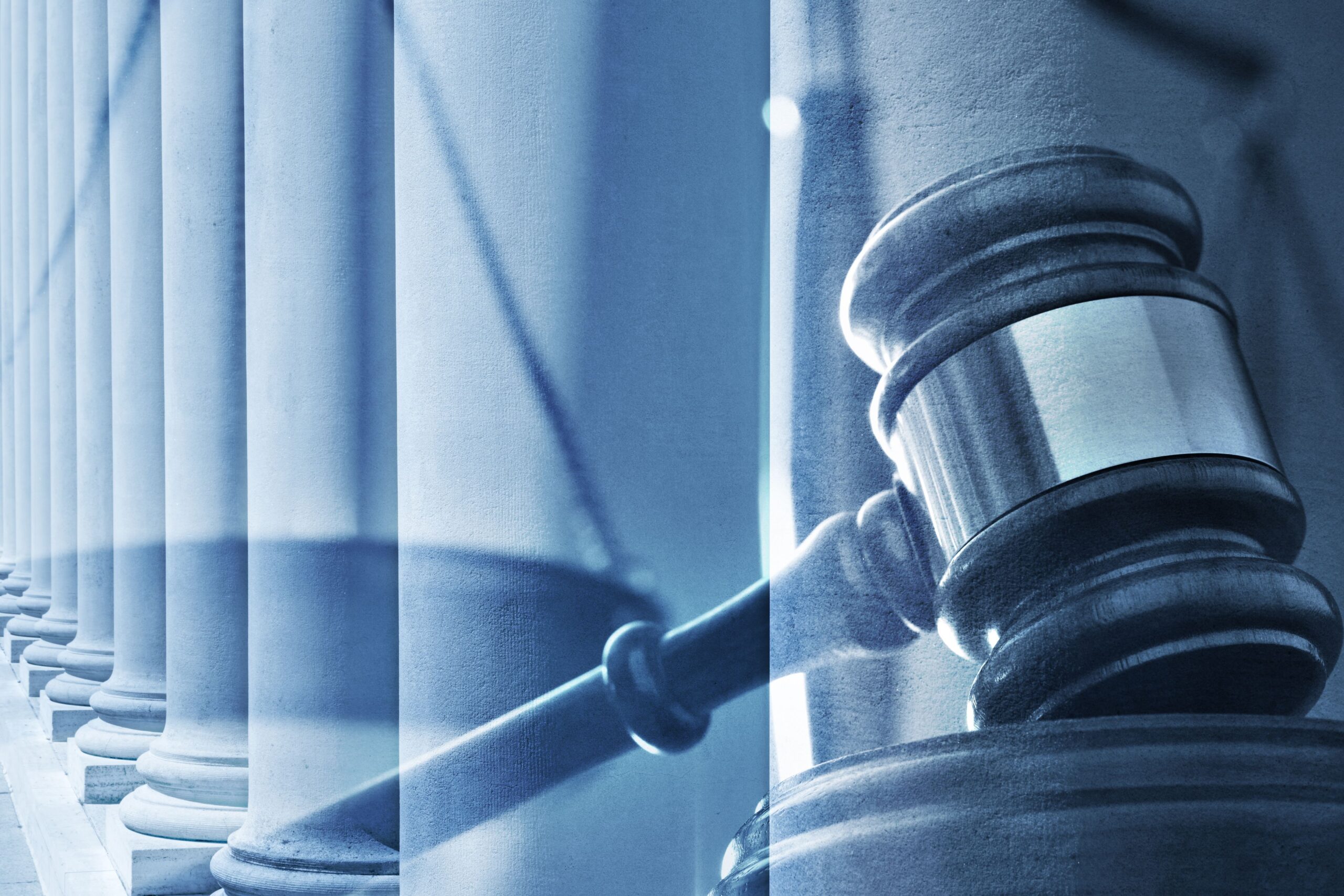‘Jury of one’: Federal judge speaks about how to handle non-jury trials

In 2023 and 2024, Colorado’s federal district court saw a total of approximately 100 cases end in a trial. Most of the civil and criminal cases were resolved through a jury trial, but a smaller number took place through bench trials, meaning a judge rendered the ultimate decision.
“What are the judges looking for? They’re looking for that intense preparation you would give as you would prepare for a jury trial,” U.S. Magistrate Judge Susan Prose told an audience of lawyers last Thursday. “They want a crisp presentation. They want it to be effective. And please don’t assume — you are mistaken if you are assuming — that a casual approach would be the preferred approach.”
Prose, who was formerly an attorney for the federal government before her appointment to the court in 2023, acknowledged she has not yet presided over a bench trial. But she spoke to other members of the court and conveyed what they wanted lawyers to know.
“As another judge put it — and I thought this was interesting — it seems like when people come into bench trials, sometimes they think, ‘I don’t have to be that persuasive because Judge Prose is sitting up there and she’ll figure it out,'” she said. “No, you have to be persuasive. You have to be a good advocate.”
The Sixth and Seventh amendments establish the right to a jury trial in criminal and civil cases, respectively, although the right is not universal. The U.S. Supreme Court has long recognized that petty offenses, for instance, do not trigger the constitutional jury trial guarantee.
Public defender Joshua Lilley said it is rare that he would advise a client to choose a bench trial over a jury trial.
“Most of the time, we would probably just take our chances with 12 diverse opinions of different people in the community. There’s a couple of different results that can happen, including sometimes having a hung jury,” he said. He could envision advocating for a bench trial in cases relating to child victims, for example, where there is “a high level of emotion, where I feel the jury might become so flustered or emotional about what has happened that they might ignore some of the facts or arguments we may make.”
Lilley added that it would take “a lot of trust” for his clients, who are often incarcerated, to agree to have their fate decided by one person.

Assistant U.S. Attorney V. William Scarpato countered that the advantage to a bench trial is lawyers have access to the prior decisions and writings of their judge, and will know more about them. He also advised attorneys to prepare witnesses for the possibility that the judge will question them at trial.
“To make them understand they’re not in trouble and something hasn’t gone off the rails if the judge decides to ask a question,” Scarpato said.
Prose said some judges mentioned that they prefer when lawyers provide timelines of events or let them know when a witness is about to testify on a fresh subject.
“As with a jury trial,” she said, “think about your themes. Have a clear theme. Carry your theme through.”
“Several of the judges noted to me, again, we’re a jury of one. We like an interesting presentation,” Prose added.
To that end, she said one judge advised against creating an “evidence dump” in bench trials.
“As you would do with a jury, you don’t want to make it unduly complicated for them. Just so with the judge,” said Prose.
According to statistics compiled in August 2024 by former U.S. Magistrate Judge Michael E. Hegarty, there were 42 jury trials in Colorado’s district court in 2023. Thirty-three were civil and nine were criminal cases. In contrast, there were only nine bench trials, all but one of which were civil.
For the civil jury trials, plaintiffs prevailed 58% of the time, compared with 38% of the time in civil bench trials. Regardless of the type of case, the number of jury trials represented roughly 1% of all cases filed that year.
The panelists advised that litigants can change their mind about the type of trial that will take place.
“There is a point of no return,” cautioned Prose. “Some years ago, we had requested a jury trial and then there was some thinking, ‘You know what? This could be a bench trial.’ And former Chief Judge (Marcia) Krieger did not accept our change of heart. … You do have to be very careful with that.”
The discussion was sponsored by the Faculty of Federal Advocates.












